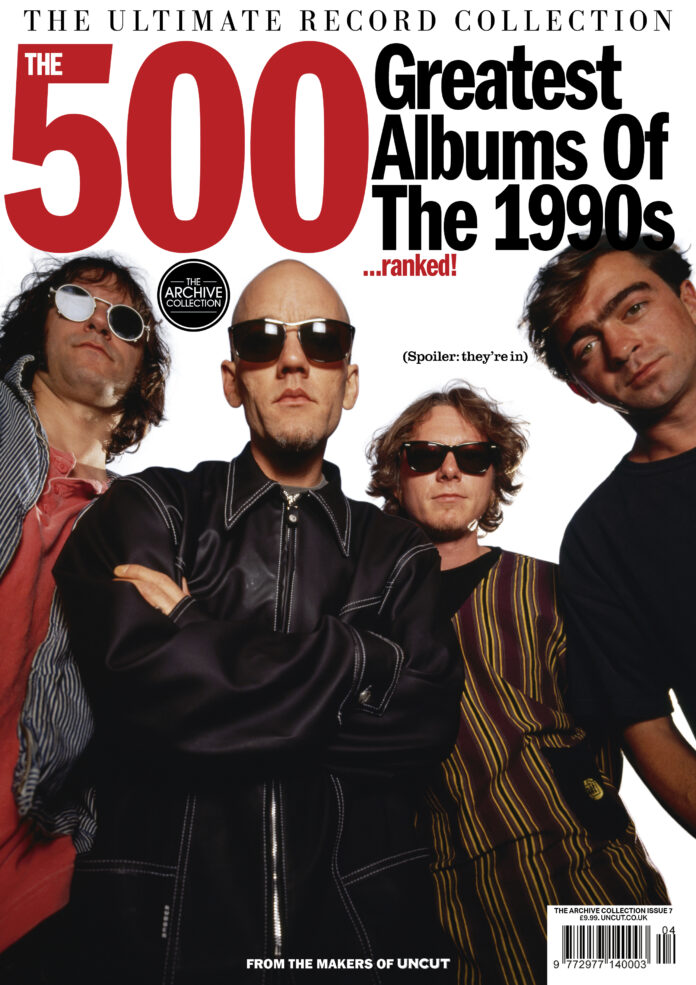1991, according to the title of a documentary about Sonic Youth, was “The Year Punk Broke”. What they meant by this was that 1991 was finally when punk – the traditional music of abrasion, alienation and catharsis – finally became commercially successful. It was a strange turn of events, as if this wasn't in the first place an absurd expectation for such music.
1991, according to the title of a documentary about Sonic Youth, was “The Year Punk Broke”. What they meant by this was that 1991 was finally when punk – the traditional music of abrasion, alienation and catharsis – finally became commercially successful. It was a strange turn of events, as if this wasn’t in the first place an absurd expectation for such music.
In truth, while exciting music was certainly being made by Sonic Youth, Dinosaur Jr, Mudhoney and Babes In Toyland and others featured in Dave Markey’s documentary, the majority of the actual breaking was being done by Nirvana. As Stephen Deusner writes in his review of Nevermind in this new magazine, other artists launched careers, reinvigorated genres and sold more records in 1991, but no-one had quite the cultural influence of Nirvana.
True enough, the bands of Britpop – by some reckonings the other dominant genre of the decade – made lesser incursions overseas, but for huge numbers of inland youth the successes of these bands marked a breaking of their own: a victory over the imagined gatekeepers of the pop charts, the ones keeping Take That at the top. If in the previous decade success might have meant the fleeting appearance of The Smiths or the Happy Mondays on Top Of The Pops now Blur and Oasis were almost literally slugging it out at the actual top of the charts.
Clubbable scenes masking palpable tensions. Artistic/personal success as a source of existential crisis – there were clearly ironies at play in the decade’s music beyond those you might see in a Sleeper video. Maybe the paranoid sorrows of Portishead, Tricky and Massive Attack – “Trip-hop” as we called it then – wore the decade’s true colours most boldly.
Bobby Gillespie saw it all happen. As leader of Primal Scream, in the 1990s he moved from dance into rhythm and blues and gospel, hard rock and into dub, all the while rising above genre: the better to pick out the best in all music. Splendidly isolated as Primal Scream might have been, Bobby can still take some pride in having broken down some barriers that helped others succeed.
“We opened up a section of youth culture or indie music to go bigger and I think it kind of set the ground for Britpop,” he tells us. “There’s already an audience waiting there – people who had liked The Stone Roses, Primal Scream, the Mondays or The La’s. So when Blur, Suede, Oasis, Pulp and stuff came in there was an audience there. Those bands got really big, they became so much bigger than us. For a while it was a phenomenon.”
Bobby himself, however, confesses he may not have been paying much attention.
“I’d have been listening to Tricky at the same time,” he says, “that’s where my tastes were.”
Enjoy the magazine. Get one here



